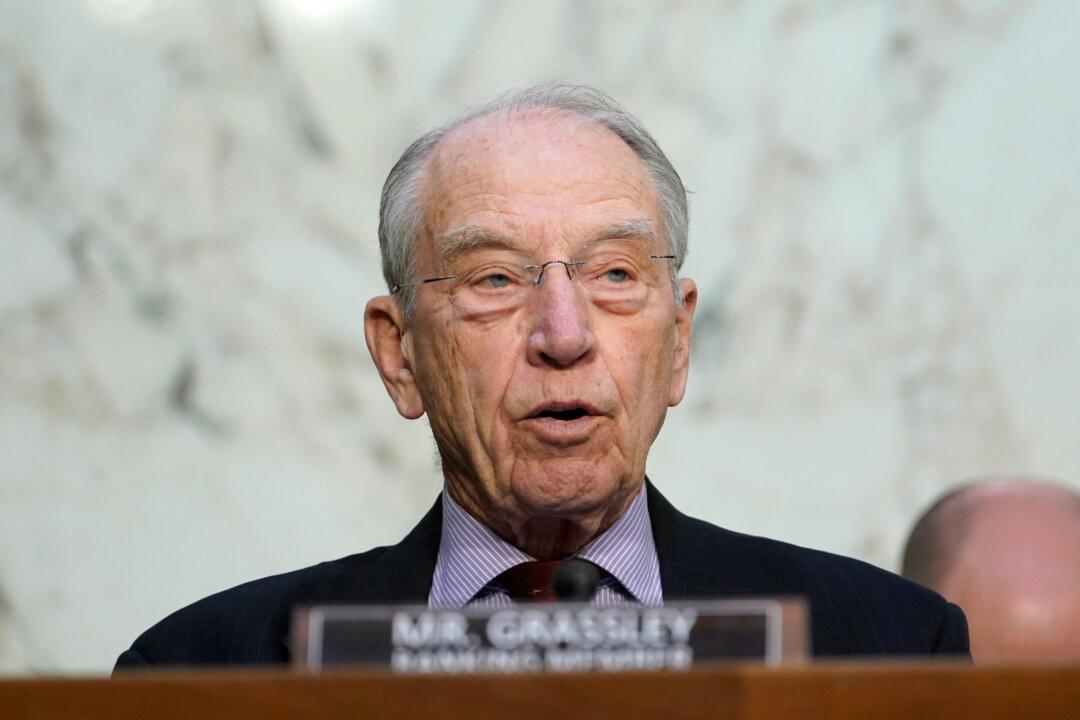More than 500 retired United States military veterans, mostly high-ranking former flag officers, worked as paid contractors and consultants on behalf of more than 50 foreign governments between 2010–2020, according to a report by Washington-based fiscal watchdog Project on Government Oversight (POGO).
While the ethics of Pentagon brass pursuing lucrative post-retirement posts with defense contractors are addressed by Congress, the increasing frequency of military veterans receiving waivers that exempt them from Foreign Agents Registration Act (FARA) disclosures is spurring calls for a similar scrutiny of these exemptions granted under the Lobbying Disclosure Act.





